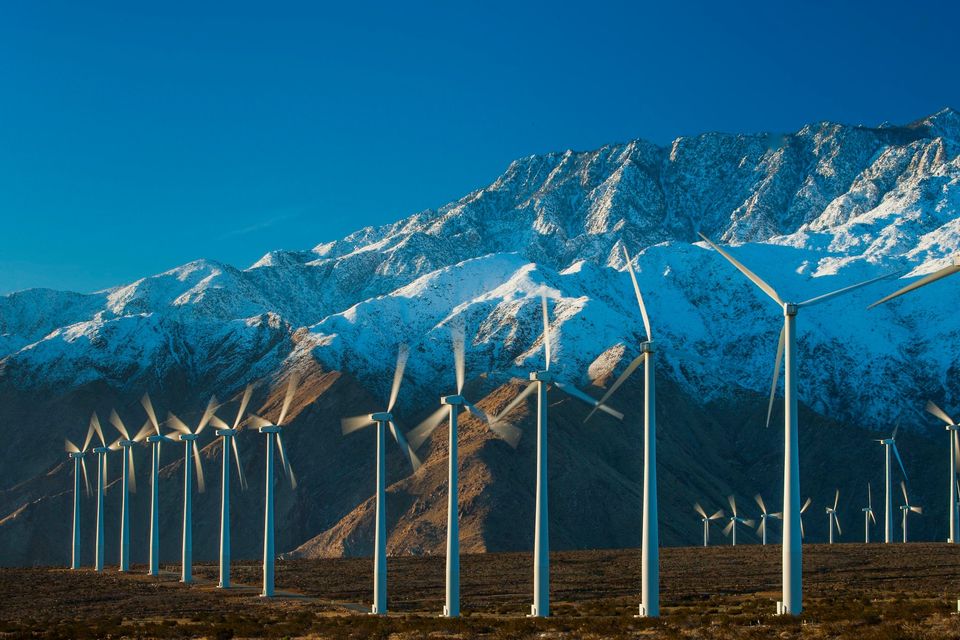Current opportunities

IESVic researchers are involved in real-world research on critical energy issues. They work with leading companies, institutes, and laboratories on multidisciplinary teams. This ensures a big-picture approach where solutions are shaped by practical considerations - something IESVic grads are known for.
Positions available
- Post Doctoral and Graduate Student Positions: Sustainable Energy Systems Integration and Transitions Group
- Research Opportunities
Post Doctoral and Graduate Student Positions: Sustainable Energy Systems Integration and Transitions Group
Multi-scaled, multi-sector, and multi-vector energy systems modelling
The ongoing energy system transition, empowered by technology developments, fueled by shifting
investments, and motivated by decarbonization, is one of the 21st century’s most urgent tasks. However, current energy system models fail to deliver the holistic perspective required by decision-makers to navigate complex policy choices. Instead, energy system analyses are plagued by rigid model platforms and discretized researchers who focus on specific sectors, spatial-temporal scales, or energy vectors. This research project will pursue the development of an extensible and adaptable multi-scale, multisector, and multi-vector M3 Modelling Platform that links distinct but integrated modules to span spatial-temporal scales, the breadth of energy system services, and each energy carrier. To do so, we will employ novel computer science techniques, including multi-objective active learning, advanced visualizations, and parallelized computing. By applying machine learning and applied statistics, this research will transform our approach to energy systems modelling and accelerate decarbonization efforts.
The positions will be supervised by Dr. Madeleine McPherson, who leads the Sustainable Energy Systems Integration & Transitions Group. The successful applicant will also be affiliated with the multi-disciplinary Institute for Integrated Energy Systems (IESVic) at the University of Victoria.
Please click here for more details regarding the graduate student position.
Please click here for more details regarding the post-doctoral research position.
Research Opportunities
Highly qualified students are always encouraged to apply for graduate positions. Browse our site for faculty members and research projects that reflect your interests and background.
Contact an IESVic faculty member
Contact relevant faculty members. Attach your curriculum vitae (resume) and a list of undergraduate and, if applicable, graduate grades. This can be an unofficial listing compiled by you. Official transcripts will be required later.
Prepare a UVic graduate studies application
IESVic is a research institute and not an academic department or school – membership is voluntary and reflects the participation of individual faculty members. This means that students interested in joining the institute must apply for admission to a program in one of UVic's Departments. For more information, see the Faculty of Graduate Studies and Departmental web pages.
